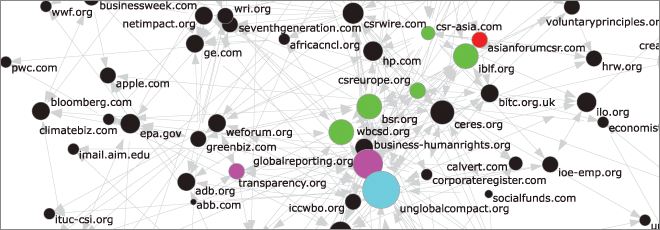Networks, change and the 21st century
To realize our potential and address major complex issues such as climate change, food security, environmental sustainability, health care, governance, and equitable wealth creation requires transformational change at scale. This involves sustained effort by diverse people and organizations over significant geographic expanses. Their work involves deep innovation in ways of thinking, acting, power structures, and relationships.
A key aspect of transformation involves development of networks. They are perhaps the oldest and most enduring organizational form. However, towards the end of the 20th century, inter-organizational networks with diverse participants began to take on new meaning and importance.

These multi-stakeholder networks assemble the necessary skills and resources, and develop the enabling processes of transformational change. The attraction to these networks in comparison to more traditional organizations is the increasing need/ability to respond to four dimensions of complexity:
- social: incorporating the three key organizational sectors of business, government and civil society;
- spatial: involving actors that are local, regional and global;
- temporal: creating actions to produce desired results that are separated by long periods of time;
- dynamic: reflecting that participants in the issue system are taking actions that impact others in the system in hard-to-predict ways.
This type of network can be local, regional or global, with the latter including the others. Global examples include Transparency International (addressing corruption), the Forest Stewardship Council, the Global Reporting Initiative, the Global Compact, the Fair Labor Association, the Climate Group, and the World Water Council. They are all addressing change challenges to make globalization work for all. Supporting transformational change processes and their networks is the focus of NetworkingAction.


